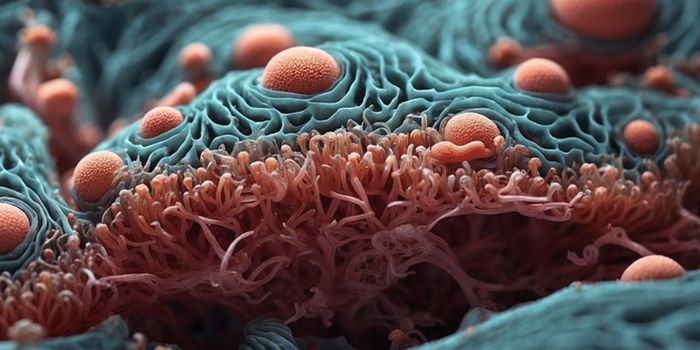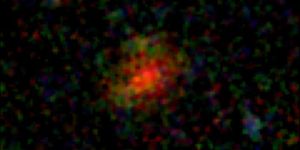First-in-class treatment for a type of non-metastatic tumor
Desmoid tumors are a type of rare and challenging medical condition with an incidence of approximately 3-5 cases per million individuals. Despite being non-metastatic, these soft-tissue tumors exhibit local aggressiveness, causing significant morbidity. The symptoms associated with desmoid tumors can range from severe pain and functional impairment to potential complications such as nerve damage, bowel obstruction, or perforation. The impact of these tumors extend beyond physical manifestations, affecting aspects of daily life, including school, work, and psychosocial functioning.
Managing desmoid tumors is complex, given their variable presentation and unpredictable course. Currently lacking approved therapies, treatment strategies vary based on factors such as tumor location, symptoms, and disease progression. Surgical intervention, once a primary approach, has diminished due to high morbidity and recurrence rates.
Nirogacestat, an oral γ-secretase inhibitor, has undergone phase 3 trials “Desmoid Fibromatosis trial” (the DeFi trial) with results published in the New England Journal of Medicine to evaluate its efficacy and safety in patients with progressing desmoid tumors.
The primary endpoint of the trial was progression-free survival, and it showed a remarkable 71% reduction in the risk of disease progression or death in the nirogacestat group compared to placebo. Nirogacestat also exhibited significant antitumor activity, with a 41% objective response rate compared to 8% in the placebo group. 7% of patients in the nirogacestat group achieved a complete response. These are remarkable numbers, especially when there is no existing treatment outside of this aside from pain management.
The United States Food and Drug Administration granted priority review to nirogacestat, meaning the FDA reviewed the clinical trial and data within six months of submission. Nirogacestat also got Fast Track, Break Through Therapy, and Orphan-Drug designation, due to the rareness of desmoid tumors and the lack of current therapy. In November of 2023 the FDA ultimately approved the drug for use in adult patients with progressing tumors requiring systemic therapy.
The results of the DeFi study along with the FDA approval of nirogacestat suggest a potential paradigm shift in the treatment of desmoid tumors, offering a therapeutic option where none was previously available. As ongoing research explores nirogacestat in other contexts and patient populations, its role in the broader landscape of cancer therapeutics will become clearer, promising new avenues for addressing rare and challenging tumors.
Sources: New England Journal of Medicine, United States Food and Drug Administration
-
MAY 07, 2024Is It Anti-RNP or Anti-Sm/RNP?
-
MAY 08, 2024Expand your Multiomic Capabilities with RNAscope™
- See More
-
APR 30, 2024Immuno-Oncology Virtual Event Series 2024
-
MAY 07, 20243rd International Biosecurity Virtual Symposium
-
MAY 23, 2024For the Love of Digital PCR 2024
- See More

















































